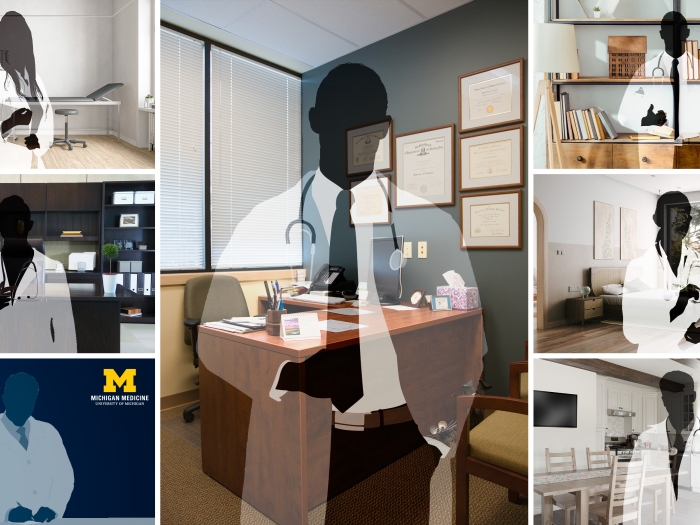U.S. emergency departments see 96% fewer visits, $7.6 million less in medical costs after FDA approval of over the counter emergency contraception
11:00 AM
Author |

Following federal approval for over the counter emergency contraception in 2006, emergency departments across the U.S. saw dramatic decreases in related visits and medical charges, a new study suggests.
Emergency room visits related to emergency contraception fell by 96%, from 17,019 to 659, while total related hospital expenses decreased by $7.2 million – from $7.6 million to $385,946 – between 2006 and 2020. The most notable decrease was between 2006-2007 for people primarily seen for emergency contraception.
The Michigan Medicine led findings appear in JAMA Network Open.
“Emergency departments are important sites for accessing emergency contraception given their 24-hour access and high acuity care,” said senior author Erica Marsh, M.D., professor of obstetrics and gynecology at the University of Michigan Medical School and chief of the division of reproductive endocrinology and infertility at U-M Health Von Voigtlander Women's Hospital.
“We believe this is the first study to specifically examine the association between relevant policy changes and disparities and trends in emergency department visits related to emergency contraception utilization.”
Overrepresentation among demographic groups
A disproportionate rate of younger, low income, Black, Hispanic and Medicaid insured patients were seen for emergency contraception related visits compared to other emergency department services, researchers found.
“We found an overrepresentation of certain demographic groups utilizing emergency departments for emergency contraception,” Marsh said. “This aligns with previous outpatient research suggesting ongoing barriers to over the counter emergency contraception access and increased emergency department utilization for other reasons, including sexual assault.”
Our analysis suggests ongoing barriers in over the counter emergency contraception and disparities in utilization for certain populations.”
- Erica Marsh
Previous research led by Marsh and colleagues found that sexual assault related ER visits increased by more than a tenfold over the last decade.
Emergency contraception traditionally includes contraceptive methods used to prevent pregnancy in the first few days after unprotected intercourse, sexual assault, or contraceptive failure.
Although the FDA approved the first dedicated product for emergency contraception in 1998, over the counter approval didn’t come until 2006 for adults, followed by minors in 2013. The Patient Protection and Affordable Care Act also mandated emergency contraception insurance coverage in 2012.
While decreases in emergency contraception ER visits may have started before 2006, the steep decline between 2006-2007 suggests an association, authors say.
Barriers still persist
Researchers analyzed national data of more than 2 million emergency department visits among female-identifying patients aged 15-44 during the 14 year period.
Northeast hospitals comprised 44 to 59% of emergency contraception related emergency room visits despite comprising only 17-19% of other ER visits.
Meanwhile, southern hospitals made up 4.5 to 17% of emergency contraception related visits despite consistently averaging more than 40% of other types of emergency department visits in 2006.
“Our analysis suggests ongoing barriers in over the counter emergency contraception and disparities in utilization for certain populations,” Marsh said.
“Future policies should reduce barriers to make emergency contraception safe and affordable to all.”
Study Cited: “JAMA Trends in Encounters for Emergency Contraception in US Emergency Departments, 2006-2020,” doi:10.1001/jamanetworkopen.2023.53672
Sign up for Health Lab newsletters today. Get medical tips from top experts and learn about new scientific discoveries every week by subscribing to Health Lab’s two newsletters, Health & Wellness and Research & Innovation.
Sign up for the Health Lab Podcast: Add us on Spotify, Apple Podcasts or wherever you get you listen to your favorite shows.

Explore a variety of healthcare news & stories by visiting the Health Lab home page for more articles.

Department of Communication at Michigan Medicine
Want top health & research news weekly? Sign up for Health Lab’s newsletters today!





